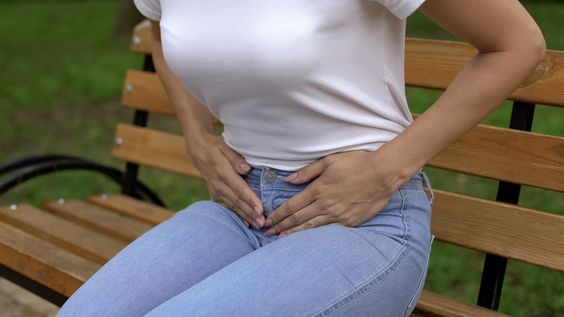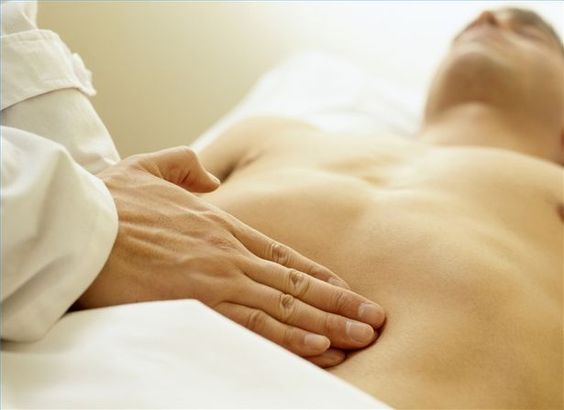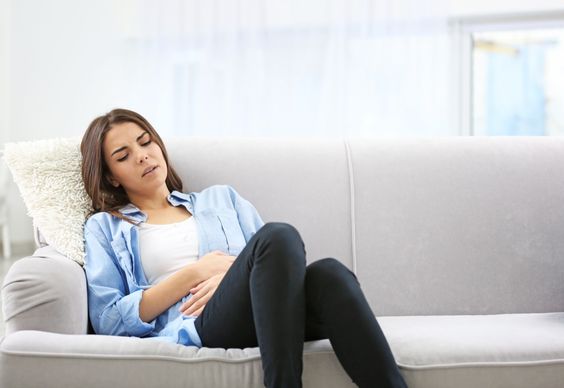AndraUrsuta.com – If you experience gas pain in the lower abdomen, there may be several causes. The gastrointestinal tract includes the mouth, esophagus, stomach, small intestine, large intestine, colon, anus, and colon. According to the National Institute of Diabetes and Digestive and Kidney Diseases, these parts of the body are responsible for digesting food. Some habits can cause gas pain, including drinking carbonated beverages and using a straw.
Acute and chronic pain in the lower abdomen is common and can be maintained in minor conditions
 There are some digestive disorders for which there is no cure, but some are treatable with lifestyle changes and prescription medications. Acute and chronic pain in the lower abdomen is common and can indicate minor and major conditions of the digestive system. In addition to gastrointestinal disorders, it can also be a sign of urinary tract infection or menstrual cramps. While most people will experience pain in the lower abdomen after eating, it is important to visit a doctor if the pain is severe, persists, or gets worse.
There are some digestive disorders for which there is no cure, but some are treatable with lifestyle changes and prescription medications. Acute and chronic pain in the lower abdomen is common and can indicate minor and major conditions of the digestive system. In addition to gastrointestinal disorders, it can also be a sign of urinary tract infection or menstrual cramps. While most people will experience pain in the lower abdomen after eating, it is important to visit a doctor if the pain is severe, persists, or gets worse.
Bloating is a subjective feeling of fullness in the abdominal area. However, excessive gas can be a sign of an underlying problem. The symptoms of gas in the lower abdomen can include belching or gassy burps. In addition to gas, bloating can lead to a loss of appetite or weight. Chronic belching or flatulence can also be a sign of IBS, a gastrointestinal disorder. People with this condition experience pain in the abdomen and colon without visible damage to their digestive tract.
The doctor can diagnose what might be causing gas pain

Typically, gas pain is short-lived and goes away once a person releases their gas. If the pain is persistent or more frequent, however, it may be a sign of underlying health problems, such as a stomach ulcer. A doctor can diagnose what might be causing your gas pain and prescribe a treatment for you. This might include avoiding certain foods, changing your diet, and even taking medications to treat underlying health conditions.
The doctor will run stool and blood tests, if necessary, to rule out any underlying problems. A CT scan, a sonogram, or an endoscopy can help your doctor determine what is causing your gas. If symptoms are persistent, a medical professional may recommend a gluten-free diet. A physician can also perform a test to determine if you have an infection or other health conditions that can cause gas.
Constipation is a common cause of gas pains

Another underlying cause of gas pain in the lower abdomen is bacterial overgrowth. This is not an infection but a situation where normal bacteria overgrow and cause excessive gas production. During pregnancy, the muscles of the abdominal region often stretch and lose tone, resulting in gas pain in the lower abdomen. Constipation is a common cause of gas pain, as can a lack of physical activity. If the symptoms are severe, it is essential to seek medical attention.
Symptoms of gas pain in the lower abdomen may be a sign of an underlying health condition, such as gallstones or appendicitis. Although stomach gas is a normal part of digestion, it can also be a warning sign of another health problem. If the pain in the lower abdomen persists, you should seek medical attention. This way, you can avoid the embarrassment and discomfort of gas pain in the lower abdomen.
Drinking lots of water will help make your intestines contract more

A heating pad placed on the abdomen can help you move gas-causing foods through the digestive tract and reduce the achy feeling. Another option is to drink plenty of water. This will help to make the intestines contract less and eliminate trapped gas. Avoid lying down for prolonged periods as this can increase the chances of developing gas pain. Finally, exercise is essential to relieve gas pain in the lower abdomen. You may also want to consider drinking more fiber.
If you have a food allergy, you should avoid certain types of foods that contain lactose. Lactose is one of the most common culprits. Some vegetables and fruits do not digest lactose, so they produce gas instead of liquid. Another way to alleviate gas pain in the lower abdomen is to avoid eating processed foods and sugary drinks. Those foods that contain lactose may also increase the risk of developing gas in the lower abdomen.
